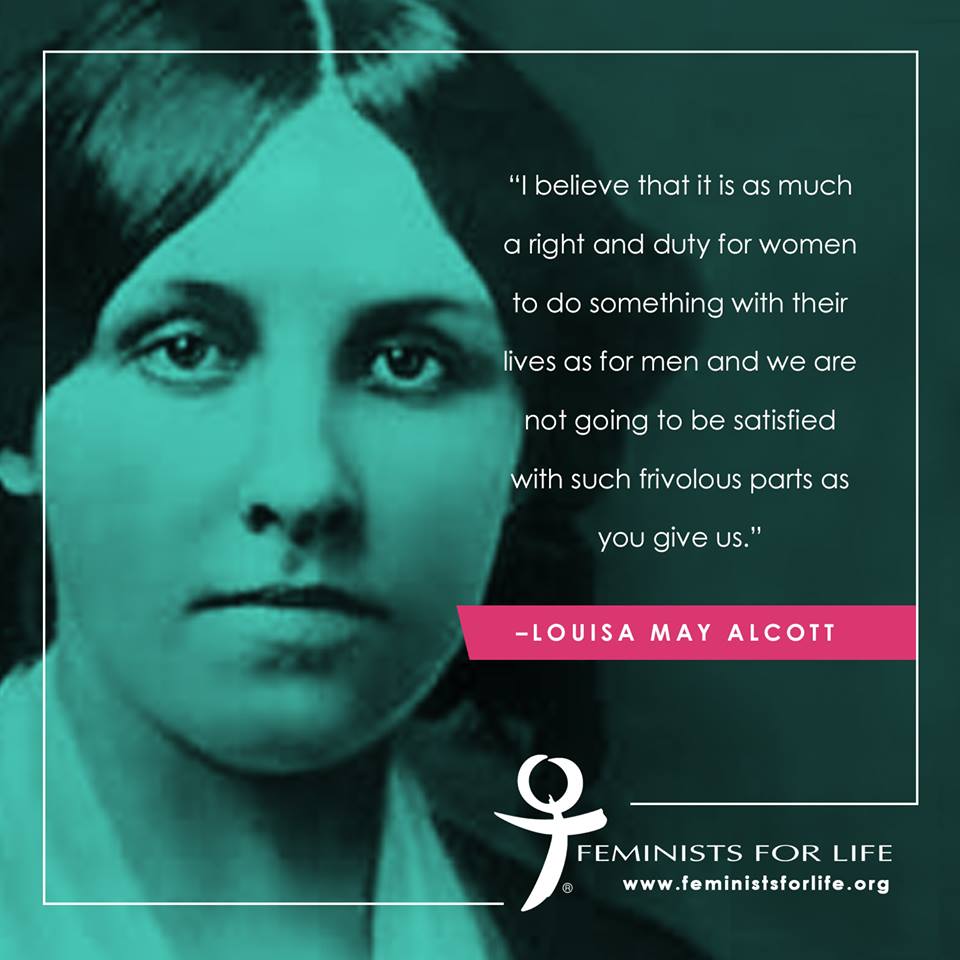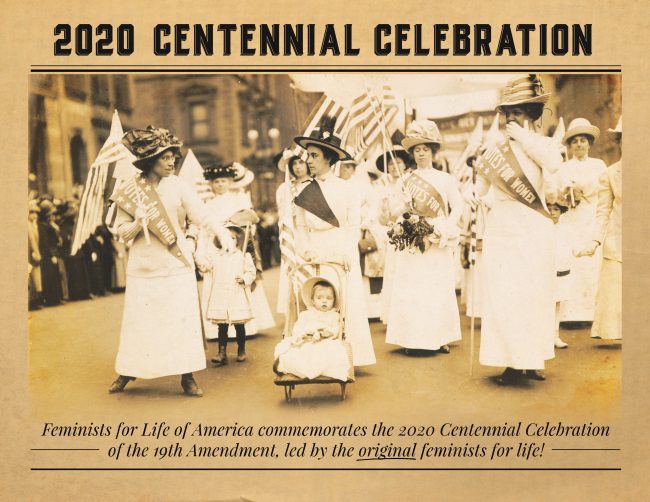
The assertion that suffragists do not care for children and prefer notoriety to the joys of maternity is so fully contradicted by the lives of the women who are trying to make the world a safer place for both sons and daughters, that no defense is needed. Having spent my own life from fifteen to fifty, loving and laboring for children, as teacher, nurse, storyteller and guardian, I know whereof I speak.
Louisa May Alcott wrote these words to the editor of the Boston Daily Journal on March 6, 1883, in response to a misunderstanding among opponents to the cause of suffrage. Like Elizabeth Cady Stanton, Mattie Brinkerhoff, Victoria Woodhull, and other suffragists of her day, Alcott believed that true feminism does not pit women against their children but benefits both women and their children. Even as a ten-year-old, Alcott had written, “Father asked us what was God’s noblest work. Anna said men but I said babies. Men are often bad; babies never are.”
Alcott’s name brings to mind cozy readings of childhood treasures, Little Women and Little Men. The books’ tomboy Jo was the first American juvenile heroine to be portrayed as a believable three-dimensional person rather than a stereotype. The exuberance of the March sisters’ interactions and their love of their mother have warmed young hearts for years. But those stories of life by the loving hearth, which brought fame for Alcott, were not written until 1868, when Alcott was 35. Her earlier life was rooted in poverty, from which grew an incredible determination.
Both of Alcott’s parents participated in reform movements of the mid-1800s. Her father, Bronson Alcott, had lofty intellectual dreams and high spiritual ideals, the teacher/preacher Louisa May later described in her satire Transcendental Wild Oats. Her father’s pursuit of the perfect school and communal lifestyle left the Alcott family almost destitute. Her long-suffering mother, Abby May Alcott, held the family together, once working as a city missionary in Boston while advocating that “the opening to women of a great variety of employments” could bring only good. But the imaginative and rambunctious Louisa May, feeling intensely the need to provide for her parents and sisters, vowed at the age of 15: “I will do something by and by. Don’t care what: teach, sew, act, write, anything to help the family; and I’ll be rich and famous and happy before I die, see if I won’t.”
Society in the mid-1800s did not offer much employment opportunity for a woman. But Louisa determined “…I will make a battering-ram of my head and make my way through this rough and tumble world.” For years, she did whatever she could to provide for her beloved family: taught, sewed, learned nursing during the Civil War, was companion to an invalid traveling in Europe, and, in 1867, became editor of a children’s magazine, Merry’s Museum. But her passion was always writing, and each frustrating life experience found its way into her stories. From the 1840s to the late 1860s, she authored furious melodramatic stories for New England journals, published anonymously or under the pseudonym A. M. Barnard. The constant theme of these popular stories was men’s dominance being challenged and women’s power being asserted. In these serials, women were not men’s equals but their superiors. They were daring, defiant and indomitable, choosing evil as often as good, having the “nerves of a man and the quick wit of a woman.” Alcott recorded in her journal in 1864 that she just “wrote a blood and thunder story or novelette of several hundred pages to relieve my feelings…” The result is described by one commentator as “a feminist fury almost out of control.”
Just a few years later, in 1866, she wrote Taming a Tartar; in 1868, Little Women. The leading women in these stories had matured, being independent and straightforward, with inner strength that makes them able to triumph without manipulation or deceit. Their power was derived from their fearlessness.
While we can guess at Alcott’s feelings about feminism from her characters, she has the main character, Christie, in Work (1870s), explicitly state: “I’m not going to sit and wait for any man to give me independence, if I can earn it for myself.”
In 1873, she wrote to suffragist Lucy Stone,“I am so busy just now proving ‘Woman’s Right to Labor’ that I have no time to help prove ‘Woman’s Right to Vote.’ …though I shall not be with you in the body I shall be in spirit.” Alcott did find time to organize local Concord women to vote in an 1875 school committee election. “Was the first woman to register my name as a voter,” she wrote. “Drove about and drummed up women to my suffrage meeting. So hard to move people out of the old ruts.”
While her sisters married and began families of their own, Louisa stayed in Concord, New Hampshire, providing for and caring for their parents. Her mother Abby needed the presence of her faithful daughter during her last days: “Stay by, Louy, and help me.” Alcott’s strength and generous support were a haven for her whole family. When her sister May died shortly after giving birth, Alcott adopted May’s daughter Louisa (“Lulu”), who became a joy to Alcott. She later adopted her sister Anna’s son John to be her heir and to provide for her remaining family.
Invited again to join the suffragists’ cause, Alcott wrote to Lucy Stone on August 31, 1885: “…it is a great cross to me that ill health and home duties prevent my devoting heart, pen and time to this most vital question of the age. After fifty years acquaintance with the noble men and women of the Anti-slavery cause, and the sight of the glorious end to their faithful work, I should be a traitor to all I most love, honor, and desire to imitate, if I did not covet a place among those who are giving their lives to the emancipation of the white slaves of America [i.e. disenfranchised women]. If I can do no more, let my name stand among those who are willing to bear ridicule and reproach for the truth’s sake, and so earn some right to rejoice when the victory is won. Most heartily yours for Women’s Suffrage and all other reforms.”
By Lisa Bellecci-St. Romain







